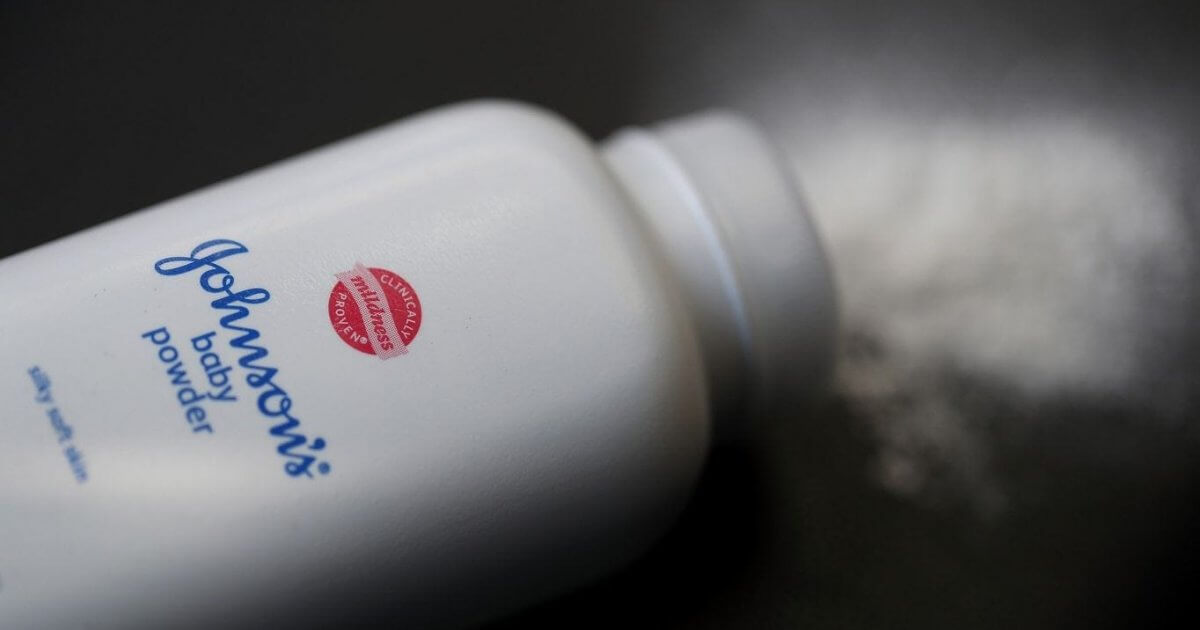Johnson & Johnson's Baby Powder Verdict
- Johnson & Johnson is asking the Supreme Court to review a $2 billion verdict in favor of women who claim they developed ovarian cancer through the use of the company’s talc products.
- The Supreme Court could decide whether or not to hear the case, which involves high-profile attorneys and business groups, as soon as Tuesday.
- There have been many claims that talc-based baby powder is linked to cancer, but there’s no conclusive evidence to back it up. Mixed results from many studies mean that there could still be a chance that talc is linked to cancer, but it's not proven.
The original verdict gave 22 women a record award of $4.69 billion in compensatory and punitive damages in July 2018. A state appeals court slashed the award by more than half and eliminated two of the plaintiffs but otherwise upheld the outcome, according to NBC News.
Read MoreSo, Is Baby Powder Really Linked to Cancer?
Despite many successful lawsuits profiting from the claims that these products are linked to cancer diagnoses, there is no conclusive evidence that baby powder causes cancer."No study can ever say definitively what the cause of cancer is, but in this case (studies) show there's not a substantial increase in ovarian cancer risk," Dr. Dana Gossett, a gynecologic oncologist at the University of California, San Francisco told SurvivorNet in a previous interview.
There's been dozens of litigation ads about talcum based baby powder is the science true?
Many studies have tried to answer whether talc-based products actually cause cancer or are linked with risk.
A study from NIH's National Institute of Environmental Health Sciences and the National Cancer Institute concluded that although some studies have found that using talc-based baby powder leads to a slight increase in ovarian cancer risk, the results may be biased because these studies rely on a woman's memory to detail how much of the products she was actually using. One study found that those who had used the powder had an 8 percent increased risk of ovarian cancer compared to those who never used it, but epidemiologist Katie O'Brien, one of the researchers of the study, says this increase is not statistically significant.
With such mixed results, there could still be a chance that talc is linked to cancer, but once again, it's not proven. According to Dr. Thomas Sporn, a pathologist at Duke Health, there is some talc that is contaminated by certain forms of asbestos, but it doesn't account for all talc. "When you shake out the powder, it becomes airborne. I don't know if you've ever dusted a baby's bottom it creates a little cloud and there's a potential that you could breathe in the dust from that, which may or may not contain asbestos," says Dr. Sporn.
The science linking the talc-based powder to cancer is not fleshed out enough for experts to warn against the use of the product. However, backlash and public opinion forced Johnson & Johnson to pull its talc-based baby powder from shelves in the United States in May 2020. They still maintain that there is no proof showing their baby powder causes any form of cancer, but the company is now only selling cornstarch-based baby powder.
Learn more about SurvivorNet's rigorous medical review process.


